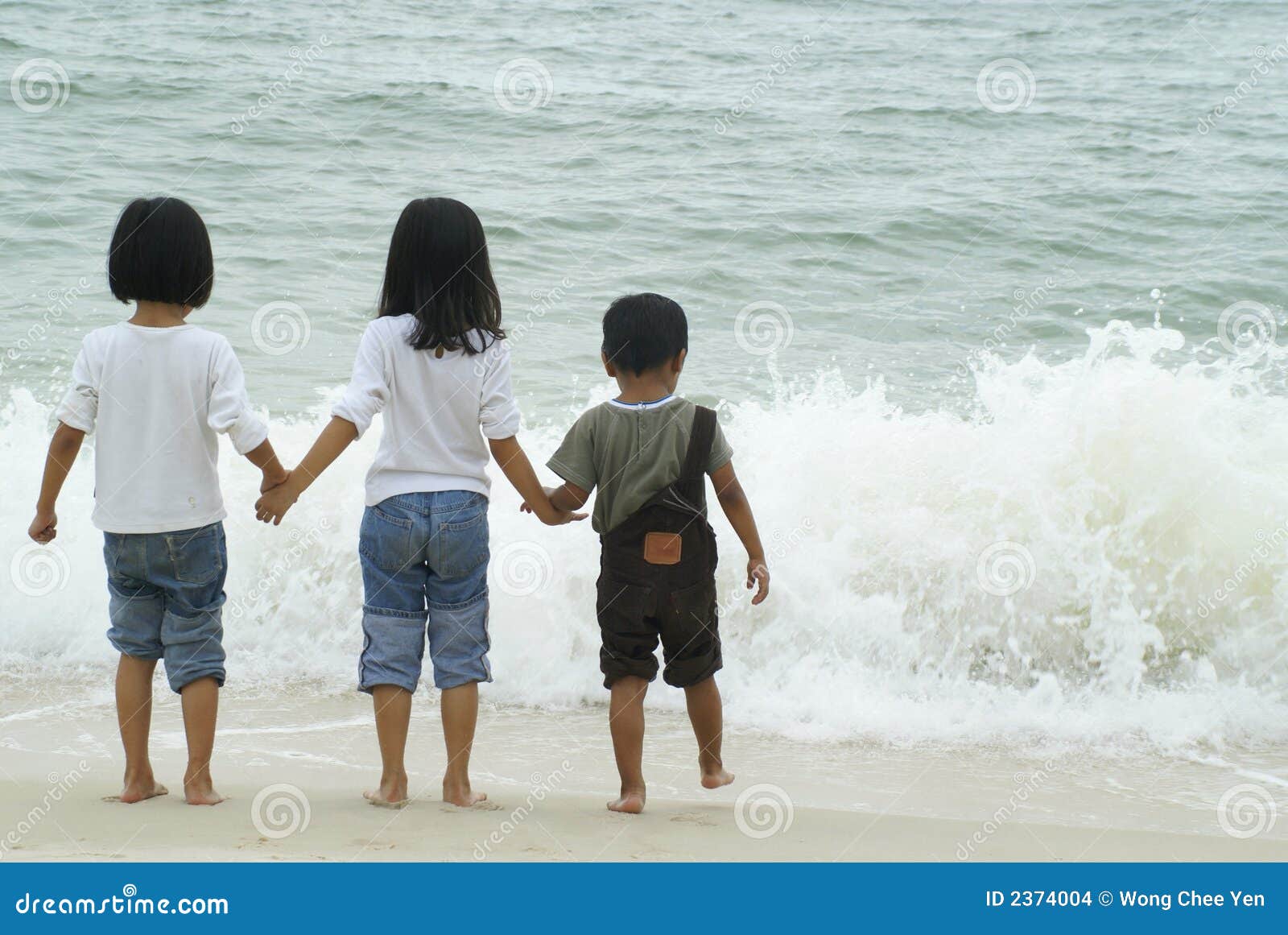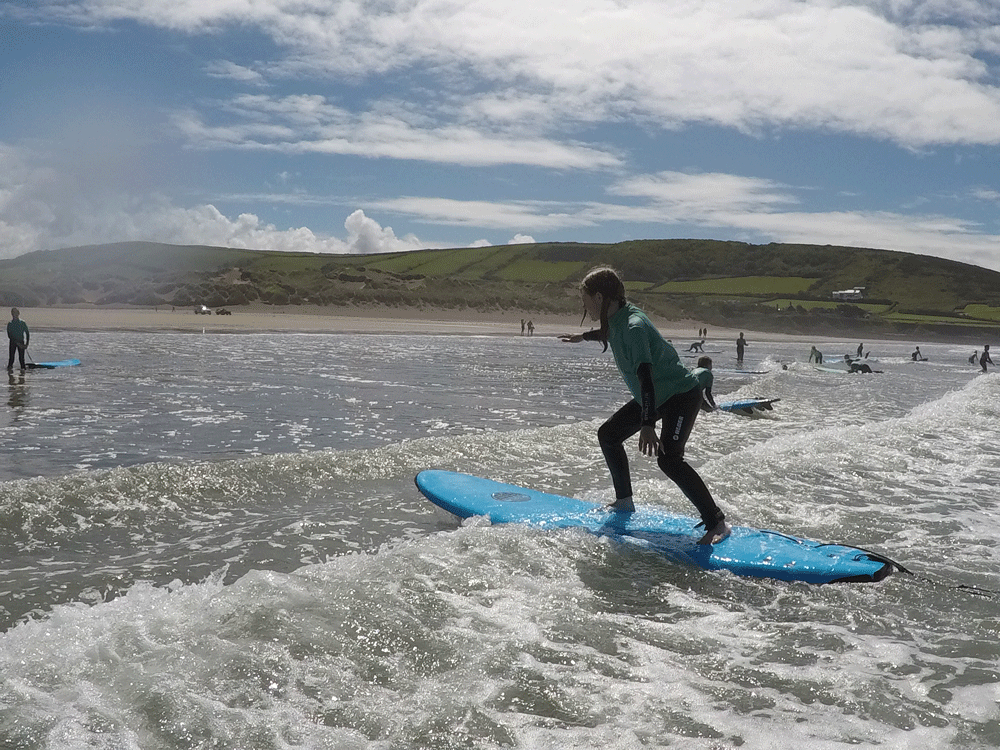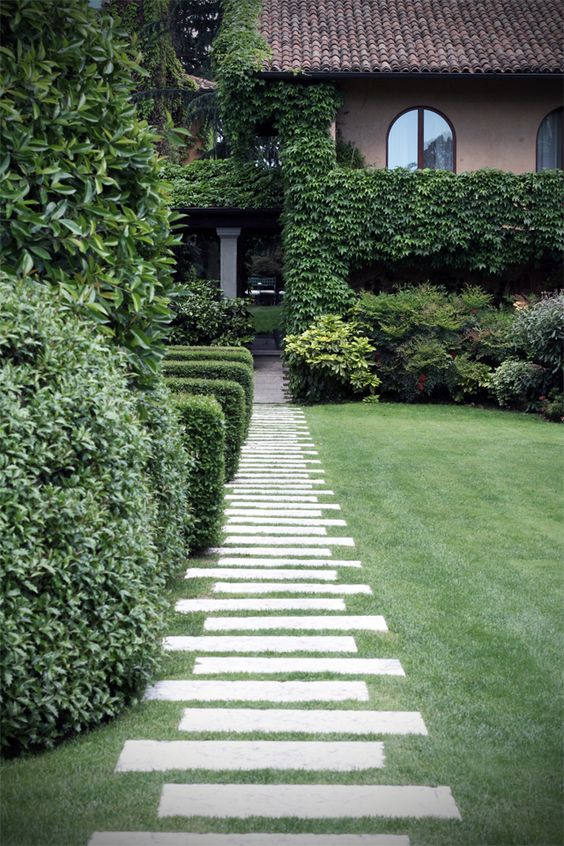

Sometimes you might feel frustrated, upset or overwhelmed. But looking after yourself physically, mentally and emotionally helps your child grow and thrive. When you’re focusing on looking after a child, you might forget or run out of time to look after yourself. And it’s also OK to admit you don’t know something and ask questions or get help. It’s OK to feel confident about what you know. Making your home safe can help your active child move about without getting hurt.Īs a parent, you’re always learning.

These skills involve both small and big muscle movements, as well as your child’s ability to think about what they’re doing. Encourage your child to practise everyday skills like using a spoon, drinking from a cup and taking off a hat.But don’t expect sharing and taking turns just yet.
#CHILD STEPPING INTO THE WAVES HOW TO#

If your child has been walking for a while, they might soon start running, walking up or down stairs holding the bannister or your hand, or climbing furniture. If not, your child will probably take their first steps during the next few months. Your child might already be walking on their own.

Your child might also learn the power of words like ‘no’ and ‘mine’! Your child is starting to understand their own name, as well as simple commands like ‘Bring it to Mum’. Your child will learn more and more words in the coming months and might start naming objects and actions. In language development, your child might say a few words by 15 months. If your child is separated from you, they might get upset – separation anxiety is a typical part of development at this age. But your child might also be self-conscious and even embarrassed when they realise other people are looking at them. You’ll find your child gives you a lot of cuddles and kisses. When it comes to emotions, your child has developed strong attachments to the people they love. For example, your child might pretend to drink from a cup or talk on the phone using a toy.Īt this age, it’s more likely that your child will play side by side with other children rather than with them. Your child might particularly enjoy games like finding hidden toys and pointing to body parts or familiar toys.īy the time your child is 18 months, they might start to do ‘pretend play’. Play is important for your child – it’s how they develop thinking, imagination and creativity. Your toddler is curious about everything and is keen to play, experiment and explore. Toddler development at 15-18 months: what’s happening


 0 kommentar(er)
0 kommentar(er)
